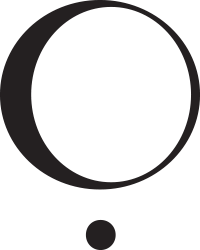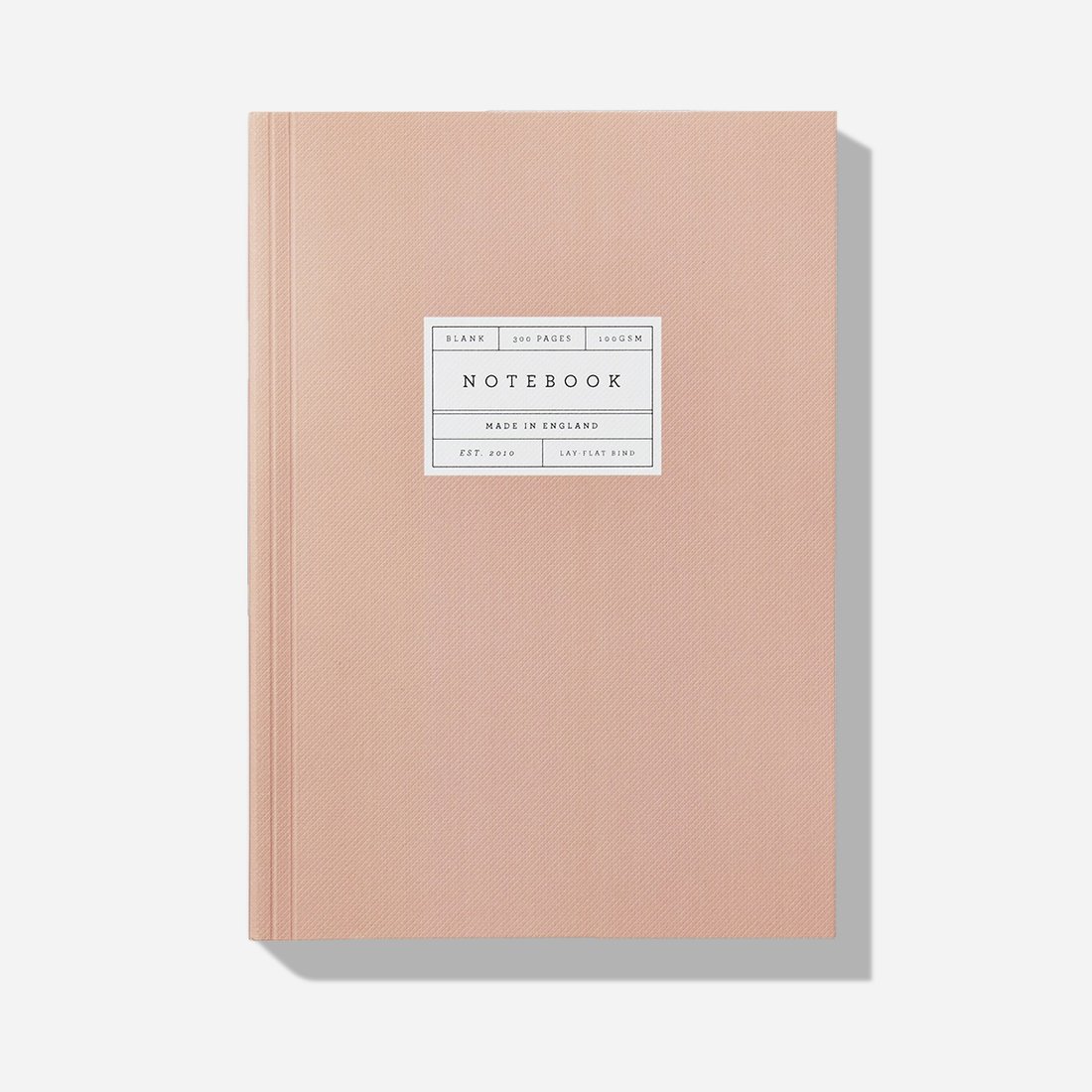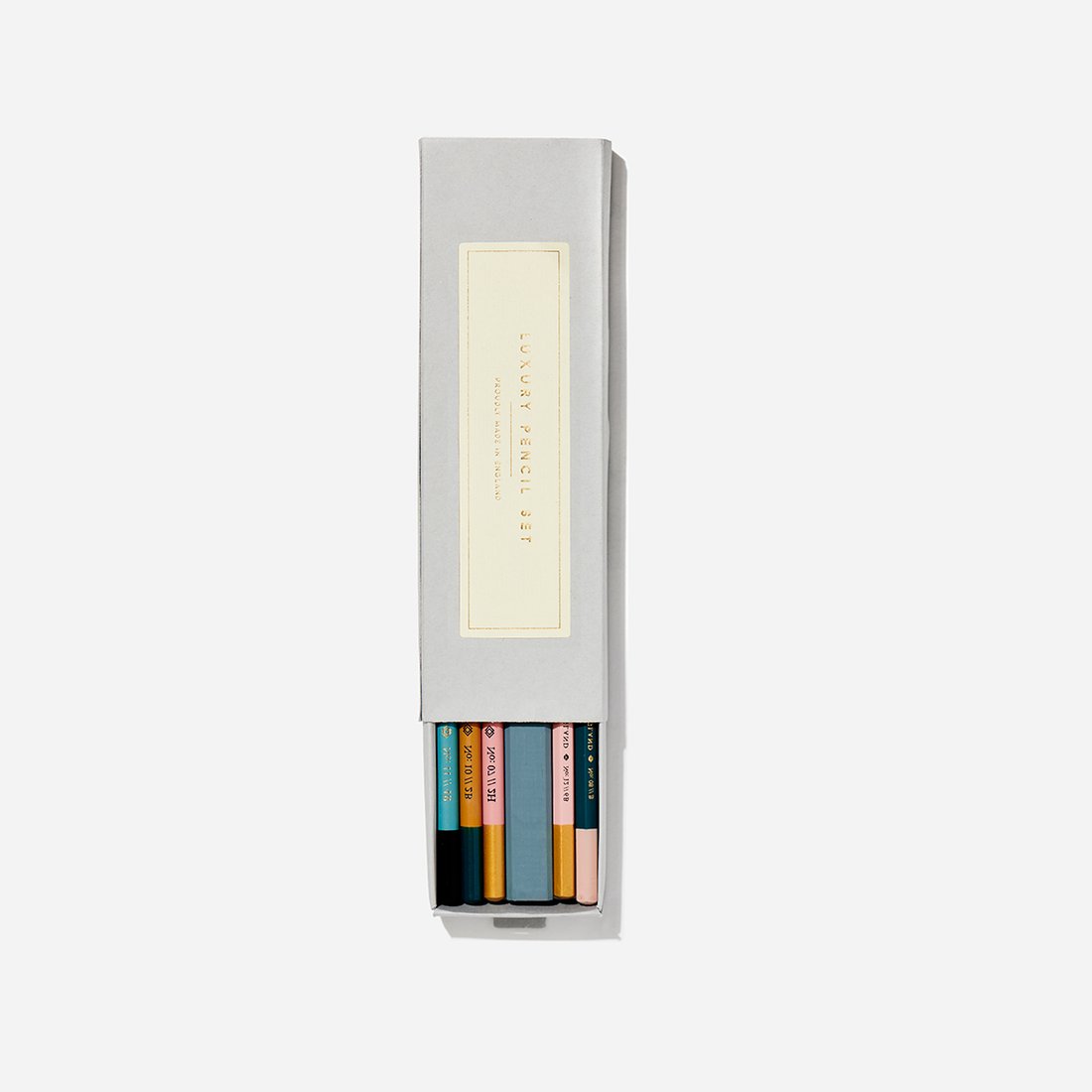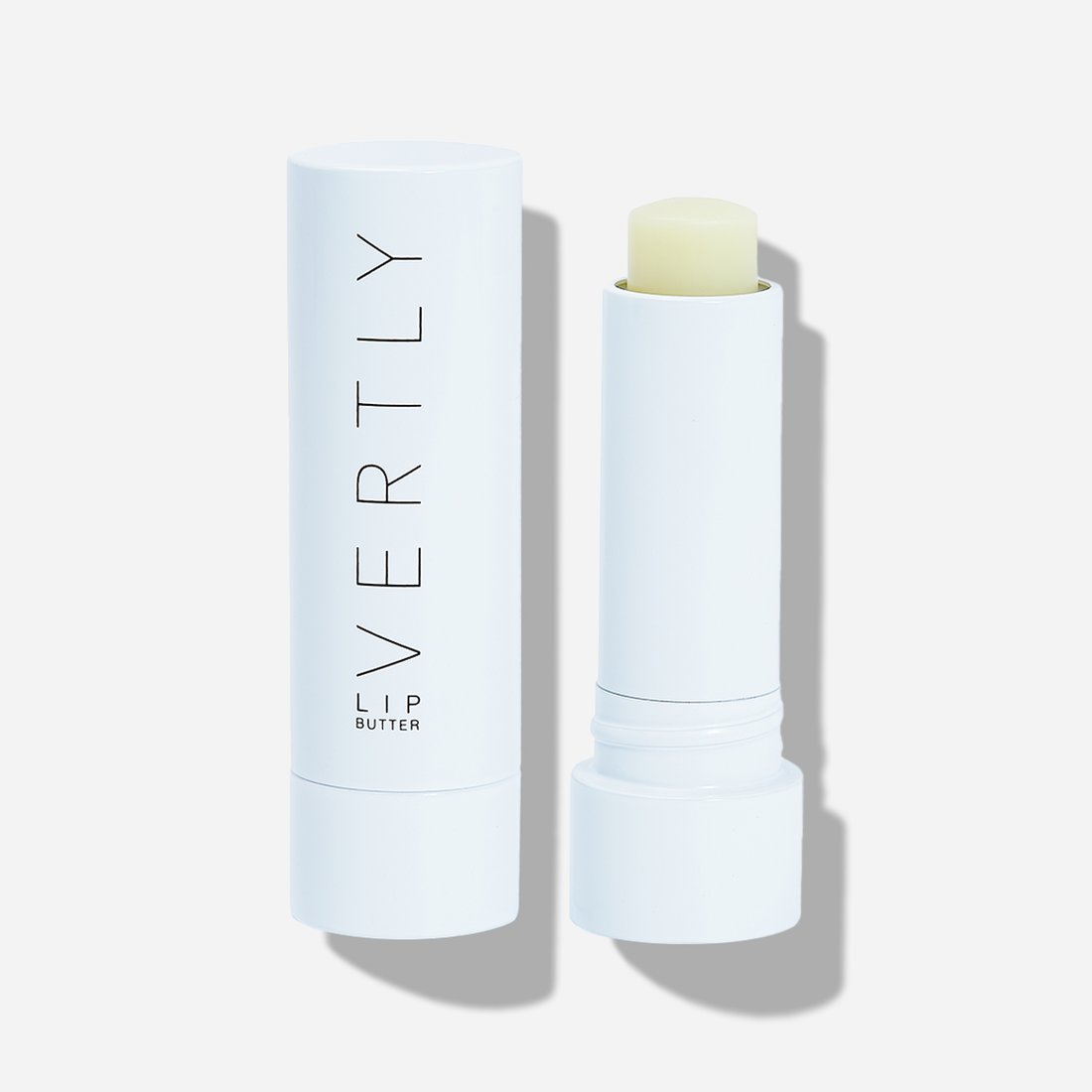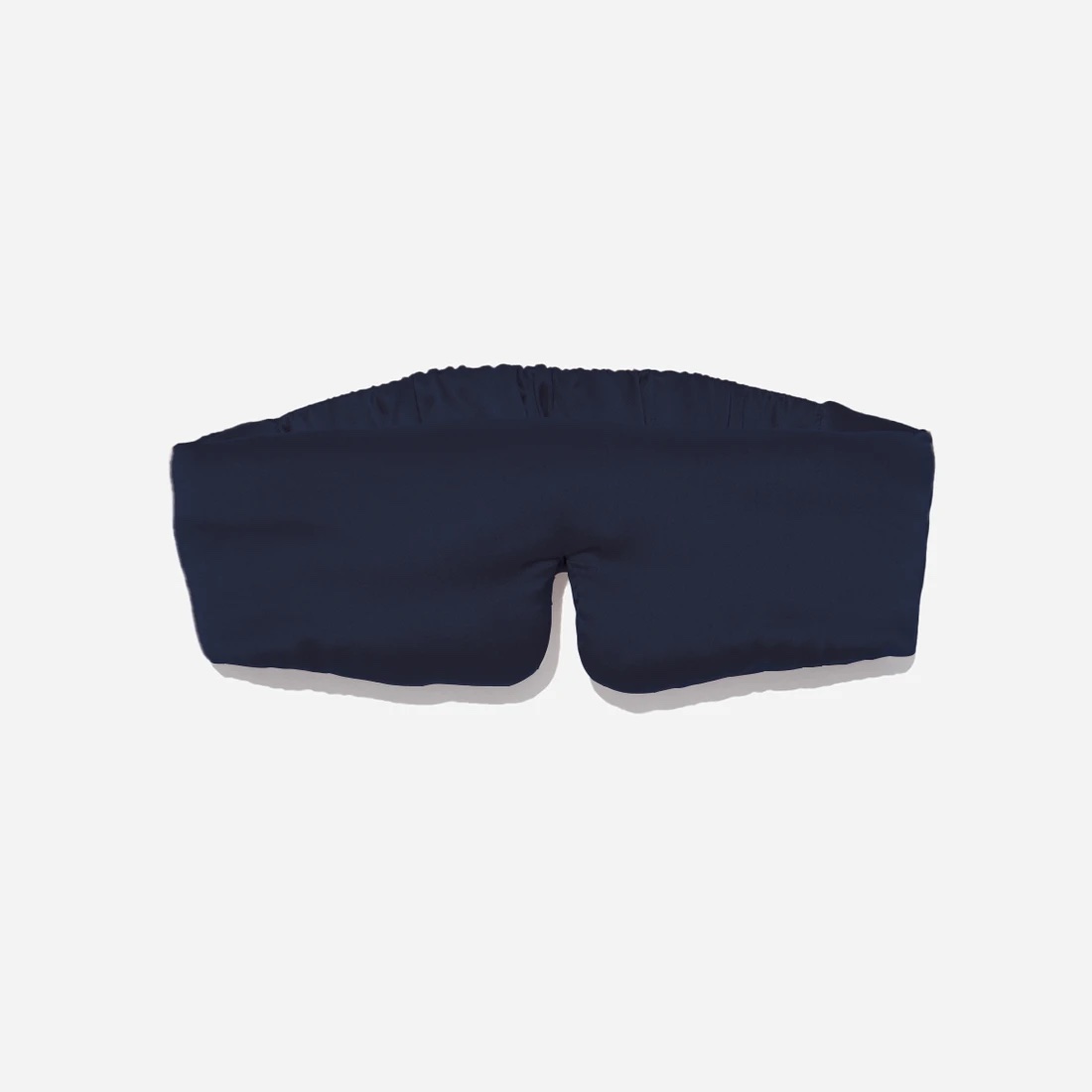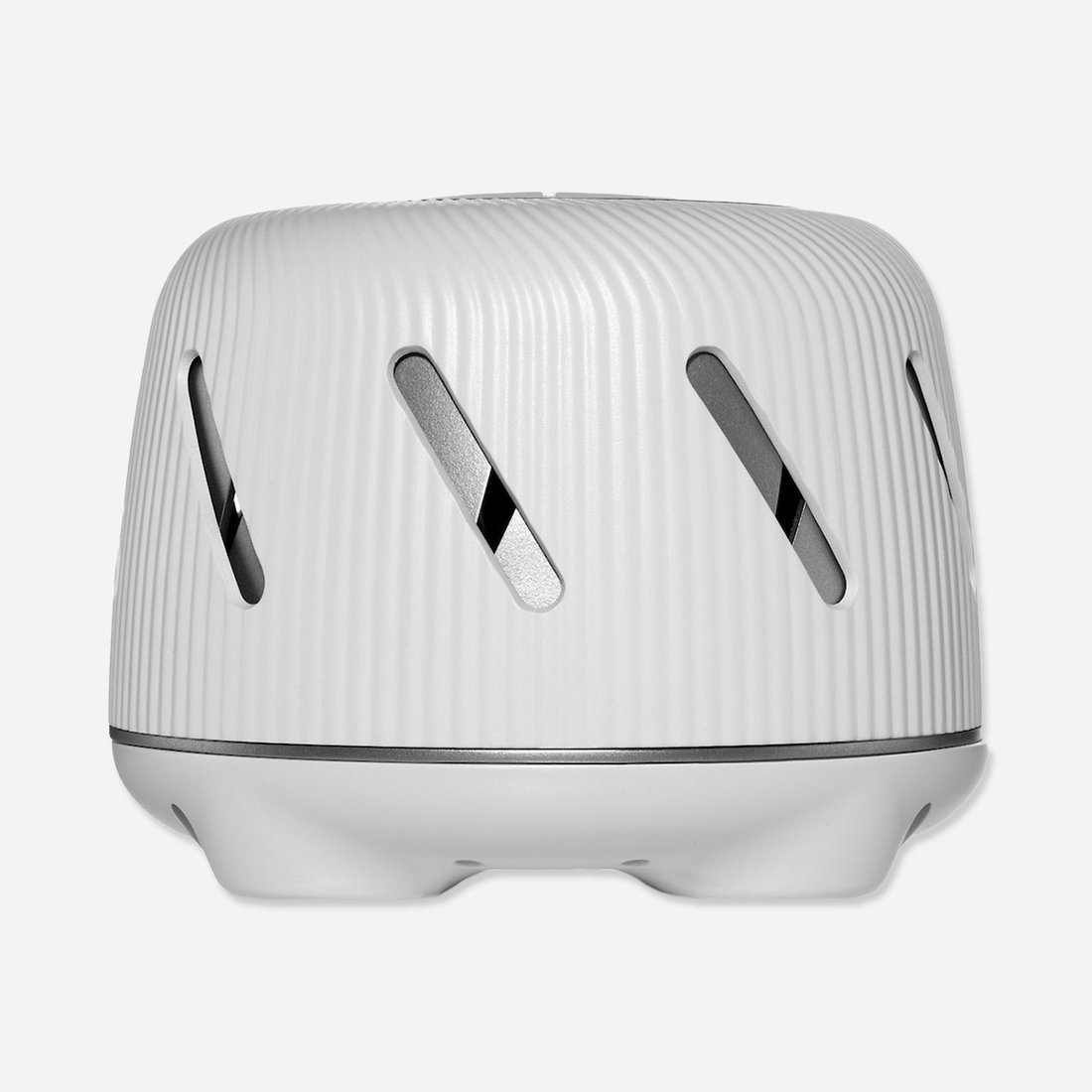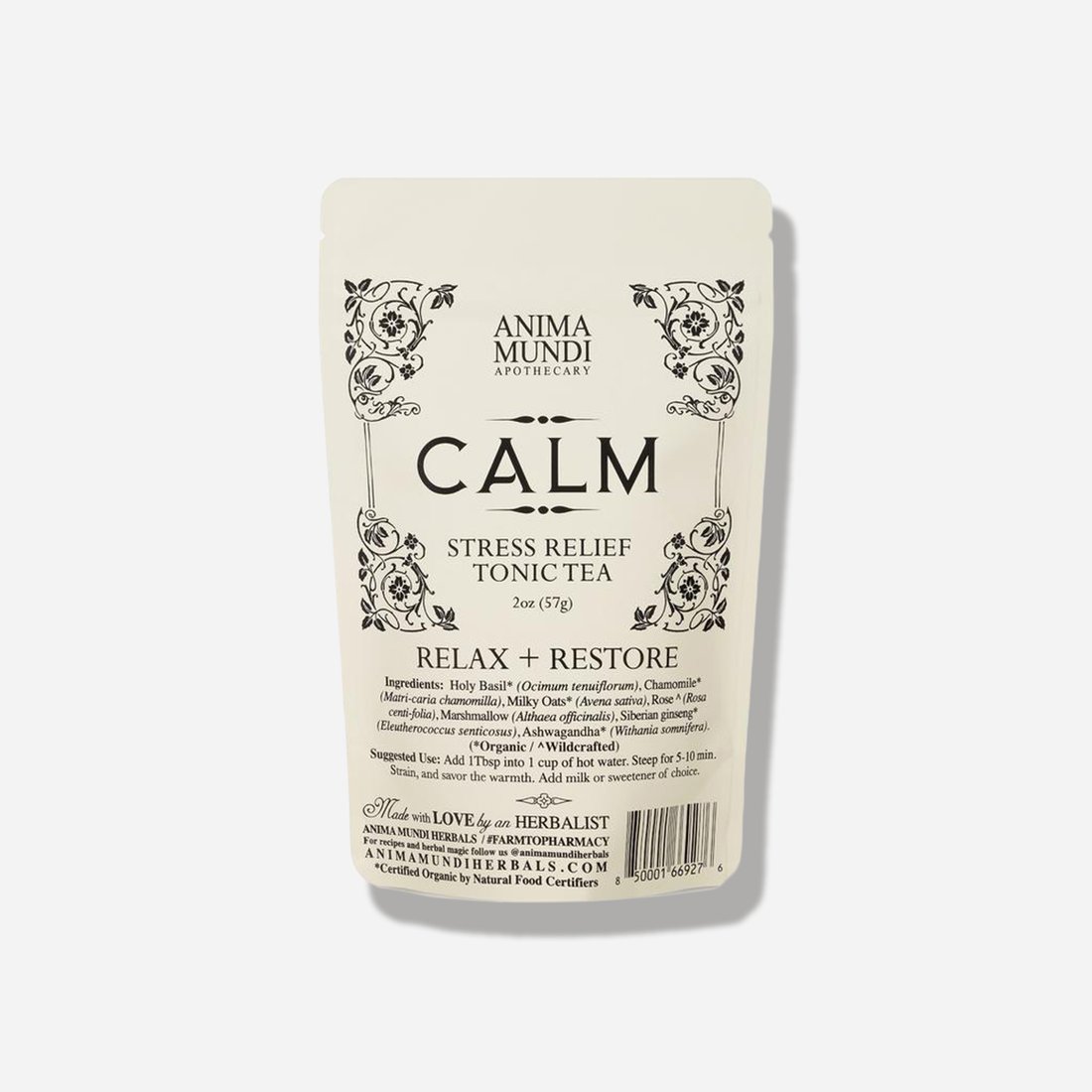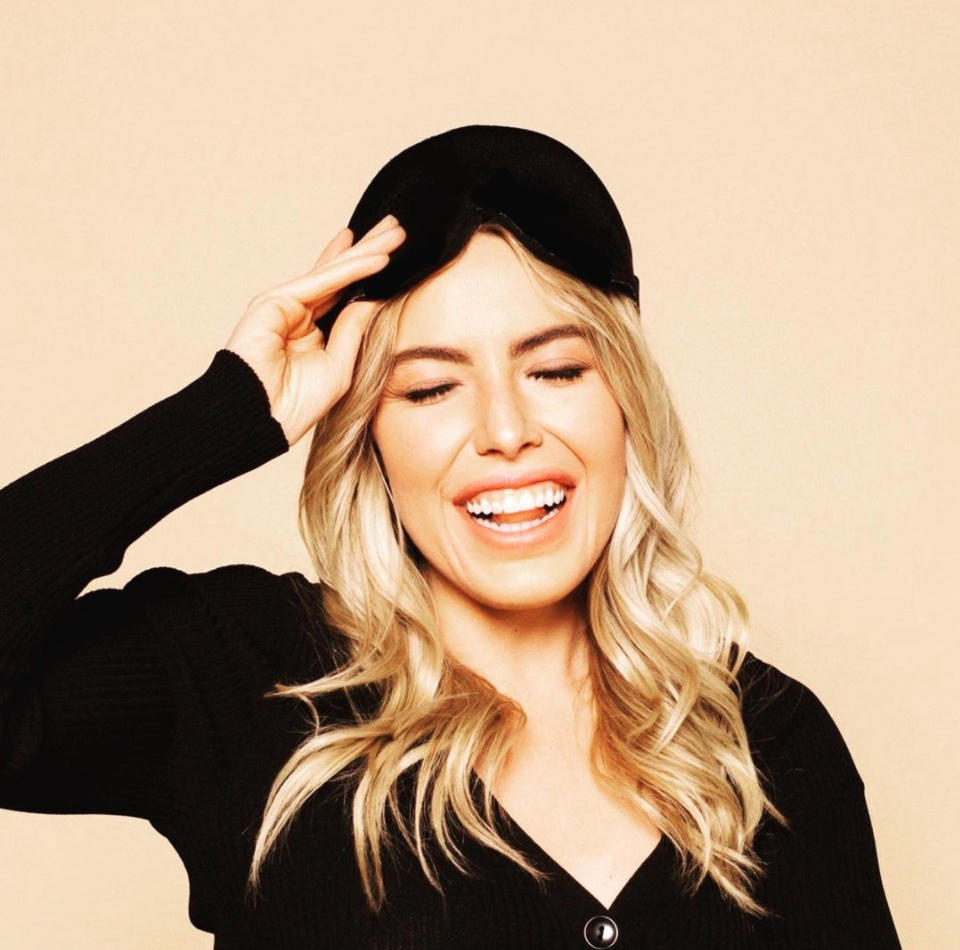
Inhale Exhale
Meet Mollie McGlocklin, Founder of Sleep Is A Skill
Mollie McGlockin is no stranger to poor sleep habits. After years of struggling with insomnia she launched Sleep Is A Skill, a company that combines technology, accountability, and behavioral change to optimize sleep. She shares with us the importance of routine, how to combat anticipatory anxiety, and the key to developing sleep as a skill: Circadian Rhythm Entrainment.
What technology does your program use to measure sleep and vitals?
Every client that participates in our programs at Sleep Is A Skill has a sleep tracker. At the time of this Q&A, we use the Oura Ring predominantly. Some clients also lean into the Whoop, Biostrap, Fitbit, Apple, Muse, and Dreem in addition to the Oura ring.
Beyond sleep trackers, depending on the client we may have them utilize daytime HRV trackers, like the Lief and/or Heartmath, to train for modulating their stress response moment to moment throughout the day.
Continuous Glucose Monitors are also quite beneficial in the conversation of sleep because they can help to build the muscle of stabilized glucose throughout the course of the day, and of course, the night.
What is chronobiology and how do you use this science in your program and in your own life?
Chronobiology is really, at its core, the science of time. It’s a fascinating look at the innate rhythms that our physiology is in an age-old dance with and how that connection can both help and hinder our health, depending on our alignment with it.
At Sleep Is A Skill, we lean into Circadian Rhythm Entrainment, which is simply a process of acting in accordance with the behavioral and environmental cues that strengthen our circadian rhythm. Examples of this include light-timing, darkness-timing, temperature-timing, exercise-timing, meal-timing, drug-timing, social-timing, and sleep/wake timing.
In my own life, I structure my day through the lens of circadian rhythm entrainment. While this can take some initial work on the front-end to create what we call a Circadian Crafted Day, in the long term the improved quantifiable indicators of optimized recovery are worth the time, energy, and effort!
What is the most important and universal poor sleep habit to kick?
There are a lot! But probably one of the measurable and widespread poor habits that I see is a mix of eating and drinking at night. I know the commonplace advice is to stop eating and drinking alcohol 2-3 hours before bed, but often, thanks to wearable data, that does not always appear to be enough. Naturally there is bio individuality present but ultimately, experimenting with having your last bite of food around 4 hours before bed can often reverse the rise in heart rate, body temperature, respiratory rate, and tank in heart rate variability that we see with eating close to bed. For many, alcohol should also be separated further from your bedtime than most think, if not eliminated all together to avoid not only those same negatively impacted biometrics that occur with eating late, but often an increased uptick in fragmented sleep and body temperature.
What’s a sleep habit we can all stand to introduce?
An easy in concept, but often challenging in application, is creating the habit of anchoring your consistent wake up time 7 days a week, with a consistent & hefty dose of morning sunlight exposure, 7 days a week.
Can healthy sleep habits vary from person to person? What are some habits that you see as successful for some people and detrimental to others?
As humans, we are diurnal creatures, meaning that we are meant to be active during the day, and at rest at night. While there can be slight variances on the exact timing of what that duality of the day can look like across individuals, something that I think can be comforting is the knowledge that for most of us–barring sleep pathology–tend to respond favorably to the consistency provided from the circadian rhythm entrainment practices.
Having said that, the management of sleep itself I’ve seen land differently for various groups. For instance, CBT-I (Cognitive Behavioral Therapy for Insomnia)’s sleep restriction therapy can result in phenomenal results for certain groups, at the same time, I’ve also seen people with heightened anxiety rates who struggle with sleep onset have augmented sleep specific anxiety and can require a unique approach. Additionally, while things like mouth taping can be game changing for some, for others, it might result in no change in measurable sleep quality or perception of recovery.
Ultimately, the mental reframing of sleep as a skill can help ensure that no matter the “doing” of your efforts towards great sleep, the trust that you can indeed make a difference with your sleep results can powerfully impact the results across people despite identical habits. Mindset is key.
We’ve all been there – we get in bed and are stricken with anxiety about a presentation the next week, an unpaid bill or that thing we said to our boss that might’ve been weird. How can we combat the bedtime thought spirals that keep us up at night?
These night-time spirals of anticipatory anxiety or rumination are where breath management can be invaluable. Training to slow breathing, specifically extending your exhales which lower the heart rate, can bring the body and mind back to baseline. Additionally, getting those thoughts out of your head and onto paper (with sleep friendly lighting like red lights or Himalayan salt lamp) can serve to calm the brain by taking an action in the moment.
What’s next for Sleep Is A Skill!?
LOTS! This year we are launching wearable based small group programs, up-leveling our podcast to 2 podcast episodes a week, and developing products to assist in sleep optimization. We’re also expanding our partnerships to include a wide range of sleep & HRV specialists to up-level sleep and recovery from multiple angles through our continued commitment to the infusion of technology, accountability, and behavioral change into the world of sleep.
RAPID FIRE ROUND:
What do you wear to bed?
Bamboo PJs!
What is on your bedside table?
Currently, a radar tech sleep tracking unit, Himalayan salt lamp, books, peppermint oil, BreatherFit, journal & a pen.
Do you have any recurring dreams?
When my anxiety used to be higher I had lots of dreams of being chased or in trouble in some way. Thankfully, now that my sleep and health is better managed, I have much less frightening dreams and more random and even funny (!) dreams.
Are you reading or watching anything good at the moment?
I’m loving the Huberman Lab Podcast at the moment! Great information on sleep & neurobiology.
Which scent makes you think of bedtime?
For me, peppermint thanks to its help for me with aches & pains!
What are some nighttime items you cannot live without?
Eyemask, Ooler, Sleep Crown, Sound Machine, Mouthtape
What is your guilty pleasure?!
POPCORN!!
How do you engage in self-care?
Epsom salt baths, infrared sauna, and herbal teas
What do you consider the single most important thing for a good night’s sleep?
Alignment of your circadian rhythm
Did you have a bedtime routine growing up?
Not really! Which is probably part of the story as to why I had sleep troubles for the first half of my life!
What was your favourite childhood bedtime story?
If memory serves me, I was more partial to shows! Lots of memories of Disney come to mind.
Do you have any holy grail products?
I have yet to master this beyond using natural products and doing my nighttime routine under red light!
How would you choose to spend one hour of free time?
Walking! I love going on long walks in the morning sun!
If you could choose a song to wake up to every morning, what would it be?
My Shot, from Hamilton. Love the ambition!

